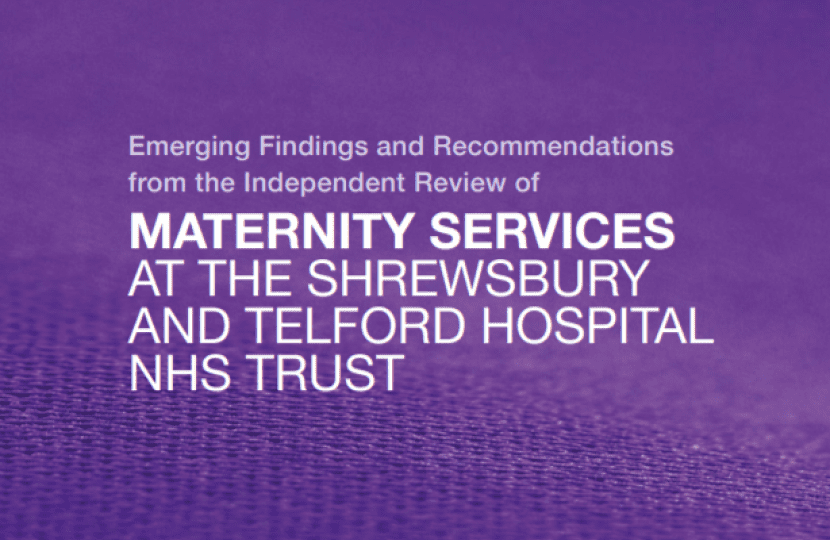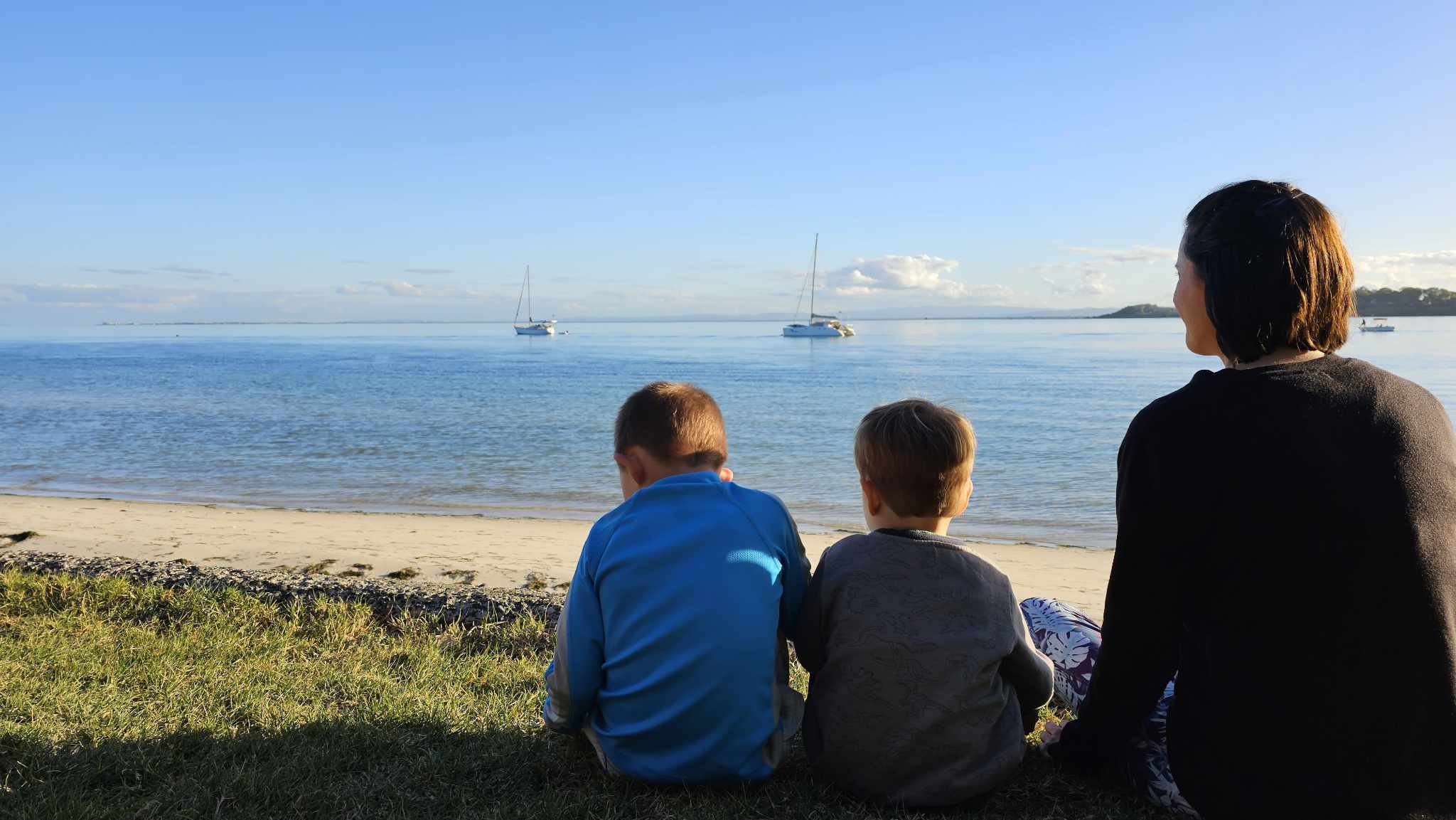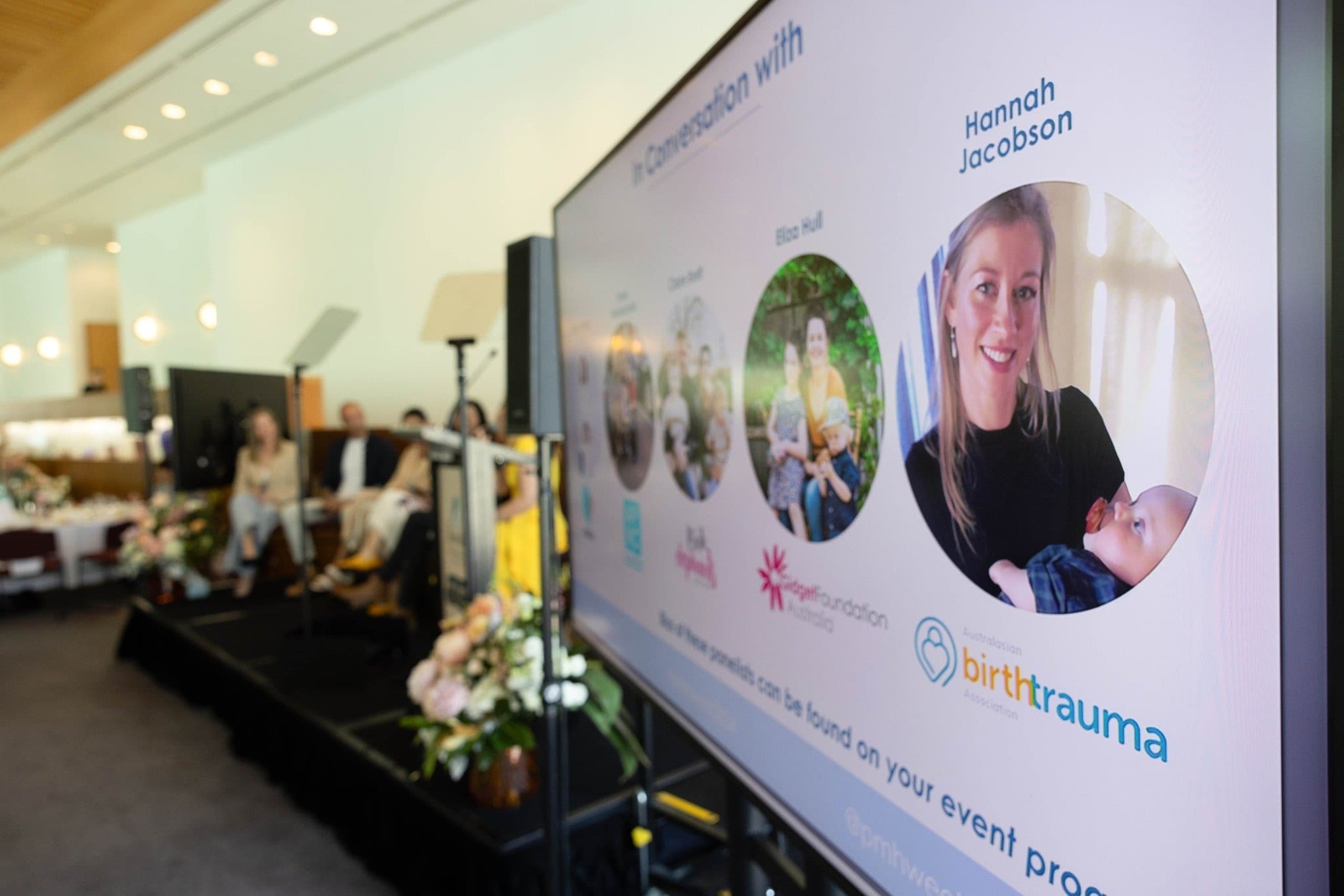The release of the Ockenden report was a sobering day for everyone around the world involved in maternity care. But it was also a day to take stock, learn from mistakes, and resolve to do better.
In case you missed it, the long awaited Ockenden inquiry into maternity services at the Shrewsbury and Telford Hospital NHS Trust in the UK was released earlier this year. Investigating what has been described as the biggest maternity scandal in the history of the NHS, the report concluded that repeated failures in care likely led to the deaths of more than 200 babies and 9 mothers, as well as more than 100 instances of devastating, lifelong injuries.
While these events are half a world away, many of the themes uncovered in the Ockenden report unfortunately ring true here in Australia. These include inadequate resourcing, low staff morale, and lack of collaboration between obstetricians, midwives, and managers. Every day we hear from women and families who readily identify these issues as contributing factors in their own traumatic births.
Another familiar theme identified in the Ockenden report is the unintended harm that can come from imposing ‘normal’ birth targets on individual women. As the report revealed, the Shrewsbury and Telford Hospital Trust had a focus on reducing caesarean rates and was, at one time, lauded for having one of the lowest caesarean rates in the UK. We now know that, for many women and babies, this came at a cost, with lifesaving interventions called too late.
While we hope to never experience a maternity scandal of this scale here in Australia, the Ockenden report is a sobering reminder of the importance of well-staffed and resourced maternity units, and collaborative, multidisciplinary care. It is also a timely reminder that population-wide birth ‘targets’ – be they for ‘normal’ birth, or any other mode of delivery – ultimately do more harm than good. What matters is informed, patient-centred care where women and families are listened to and their own values, desires and risk factors are put front and centre. There is no best, one-size-fits all way to birth.
Fortunately, this was recently acknowledged by both the Royal College of Obstetricians and Gynaecologists, and the Royal College of Midwives (RCM), in the UK. In the wake of the Ockenden report, both organisations expressed regret that the campaign for ‘normal’ birth had gone too far.
“If a group of people promote normal birth as better than another form of birth, that’s not putting women at the centre of care,”
said Chief Executive of the Royal College of Midwives, Gill Walton.
Meanwhile, the NHS has told all maternity units to abandon “potentially unsafe” targets aimed at lowering caesarean rates.
Here in Australia, there have been similar attempts in certain jurisdictions to impose targets aimed at reducing caesareans. As far as we know, most of these policies have been abandoned or put on hold, but anecdotally we regularly hear from women who say they felt pressured to birth a certain way and believe they were injured or traumatised as a direct result.
We can only hope the lessons out of the UK permeate every corner of maternity care worldwide, so these mistakes are never repeated.
If you would like to connect with a person who has experienced birth-related trauma, please contact our Peer2Peer Support service to connect with one of our Peer Mentors.




